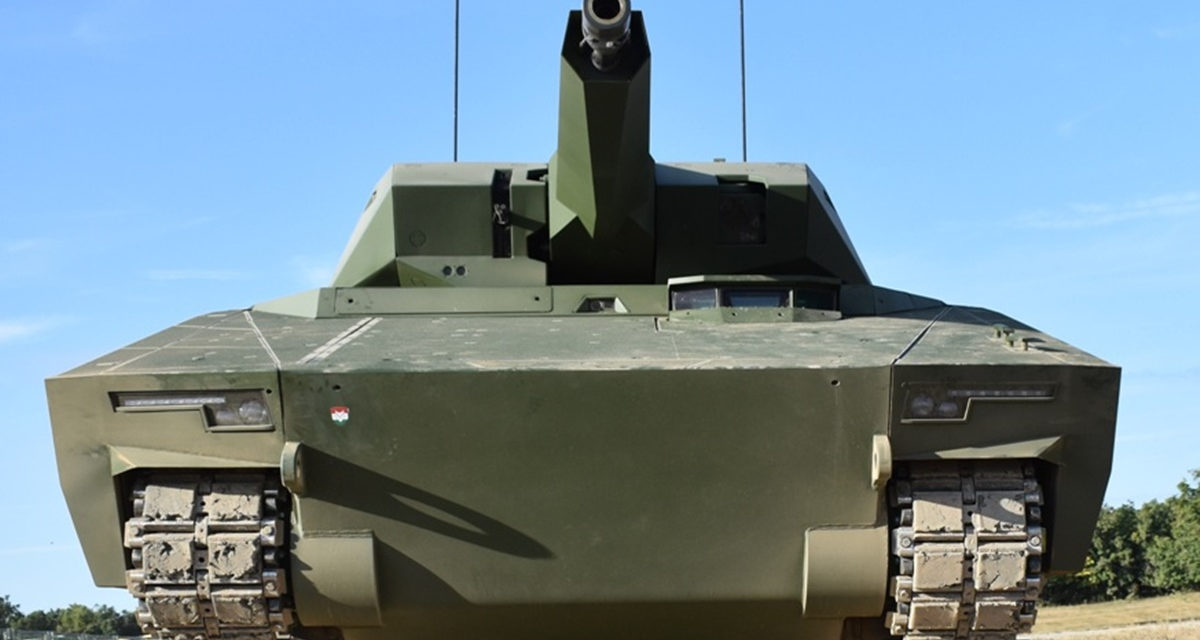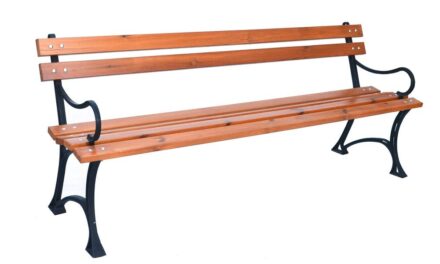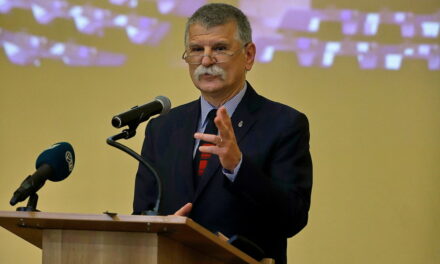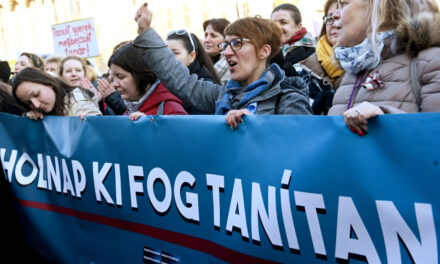arms shipments to Ukraine must be continued and, if possible, accelerated .
Support for heavy weapons and complex systems must also be extended within the framework of exchange deliveries." Furthermore, the parliament assured the government of its support in the various measures taken so far, particularly highlighting the steps taken to transform the German infrastructure, which are said to be aimed at ending Russia's energy dependence. In the parliament, apart from the pariah, sect-shrunk AfD and the barely existing Die Link, every party lined up in favor of active participation in the war - all without anyone thinking to ask a few elementary questions.
What purpose did the German parliament pursue by participating in the war? Because let's not kid ourselves, the delivery of heavy weapons is only one step away from active participation in the war, and we can be sure that the Russians interpret this step in exactly that way. It was no coincidence that gas deliveries to Poland and Bulgaria were stopped just one day before the parliamentary decision: The measure was intended as a warning to Germany.
Also: Is Germany, the German citizens, interested in participating in this war?
And consequently: What is the interest of the country, is it right to escalate or should the Russian-Ukrainian war be curbed?
If, according to the parliament, the goal of the war is the crushing defeat of Russia and the long-term decision of the balance between the two great powers in favor of America, then only total war is possible, in which Germany and Western Europe fight a proxy war for the Americans and accept Europe as a battlefield.
Is it really a war of systems, which knows only the final victory? Phrases such as "Ukraine is fighting for freedom, Western values, and democracy" refer to this perception, and therefore all democrats are supposed to have a duty to enter the war on the side of Ukraine - or even more so the USA. However, the existence of democracy is never decided on the battlefields, but within national borders.
German democracy must be defended at home, on the German streets and in the parliament, and the same applies to the Ukrainians. However, what would a democracy look like that rests on American and Western European weapons?
Germany, the most important European power, without which the European Union could not exist, could exert a moderate influence in the direction of America, Ukraine and Russia, undertake mediation missions, and negotiate at all levels for a ceasefire. But there is no mention of this, and with the help of the system media, everyone who dares to make such and similar proposals is labeled a traitor and a fascist. The German political elite seems to be intoxicated by their own slogans, so that they do not consider it necessary to even consider these possibilities.
A generation of politicians who grew up in incredible prosperity and fell down, drunk on their own moralizing, obviously cannot even comprehend the horrors of war and the suffering of the people affected by it. While they are almost lustfully horrified by the pictures of Ukraine, they are not capable of any sympathy, either towards the victims of the war or towards their own citizens. It is no coincidence that especially old social democrats who are still familiar with the Second World War, such as Klaus von Dohnanyi, warn of the huge dangers posed by today's green adventurers.
Chancellor Olaf Scholz seems to have retained something of the moral attitude of his predecessors, but obviously neither his party nor its coalition partners are following him on this path.
The pro-regime propaganda machine is already preparing the population for the delicious times, but it still pretends that these are acceptable little things, such as washing less often and changing panties only every two days. In the future, we will be able to go to the cinema and restaurants less often, says Robert Habeck, Minister of Economy and Climate Affairs, as if it is just a matter of less entertainment, and not because there will be no electricity, oil, gasoline and gas in the foreseeable future.
Habeck's relationship with reality can be said to be strained anyway: returning from his begging trip to Qatar, he fantasized about non-existent contracts, and after his visit to Poland, he claimed that he had agreed on the German use of the Gdańsk oil port, which the Poles immediately denied. Habeck publishes one victory report after another about how much Russian coal, oil and gas deliveries have been reduced again, but he does not say what they will be replaced with.
Anyone who sees the threat of an almost seven-percent drop in the gross national product in the event of an oil and gas embargo, the shutdown and destruction of entire industries, the already double-digit inflation and the threat of mass unemployment as insignificant deprivations, clearly does not feel any responsibility for this country and regarding the future of its citizens.
But perhaps this is exactly the plan, the vision of green communism. Seen from this point of view, the stimulation of the Russians takes on a new meaning: even if they are the ones who finish the gas and oil deliveries, it will be because of them that the war economy will have to be introduced, from which the new climate justice society will be born. It is not by chance that the majority of the parliament welcomed the restructuring of the infrastructure in the same sentence as the military transports.
The German citizenry is not prepared for this political turn.
The previous power change technique, the election, no longer works in this matter, because it doesn't matter who the citizens of North Rhine-Westphalia and Lower Saxony will vote for this year, there is only one green-war party, no matter what they call themselves.
Featured image: Hungarian Defense Forces












